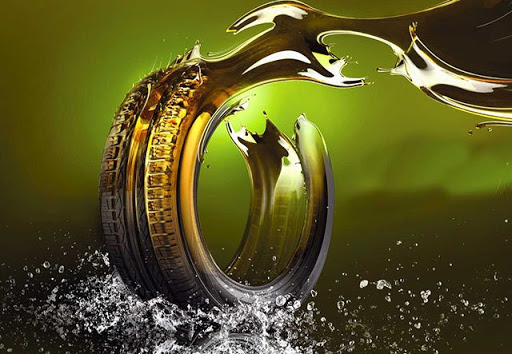-
Call Us
+91 9699881433 -
Mail Us
maxpetro.anil@gmail.com
Rubber process oils (RPO) function as internal lubricants, improve the blending of the rubber formulations, facilitate the incorporation of fillers and other additives, improve certain physical characteristics, and function as low-cost extenders. Group I plant closures and restriction on use of high poly aromatic hydrocarbon (PAH) content oils for tire manufacturing in Europe has created an opening for new products to penetrate this market. Against this backdrop, this report explores market opportunities for aromatic, paraffinic, and naphthenic rubber process oils.
Max petroleum's paraffinic oil and aromatic rubber process oils for polymer manufacturing and rubber compounding carry the unique imprint of HollyFrontier Tulsa Refinery’s long and close association with the Rubber Industry. Its incomparable experience includes pioneering the use of oils in rubber as well as developing products with outstandingly unique characteristics for the Rubber industry. Using only West Texas and light sweet crude (low sulfur) as our feedstock, HollyFrontier assures you a consistency of quality that’s as individual as a fingerprint.
